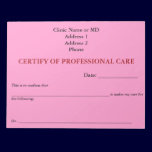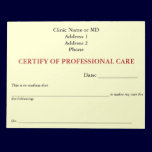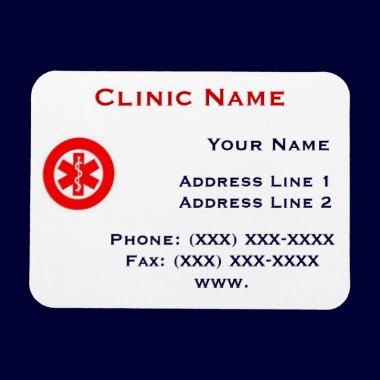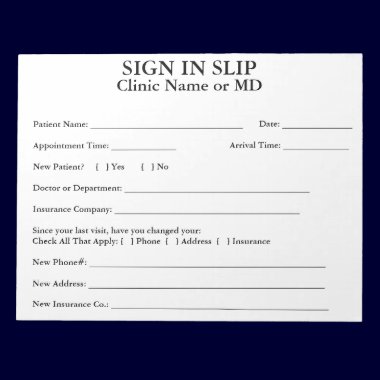Here are a few suggestions:
Develop a regulatory learning and training schedule. A medical practice has numerous regulations and standards it must adhere to in order to be in legal and ethical compliance. Confidentiality standards, record-keeping and documentation procedures, as well as Medicare requirements are examples of these. Plan regularly scheduled sessions to keep staff members updated on regulatory changes. Discuss how changes impact the policies and procedures of the practice. Conduct training sessions to ensure staff members fully understand rules for compliance. Develop procedures for record-keeping and strict policies for confidentiality.
Keep an eye on the bottom line. As the manager of a medical practice you will be responsible for ensuring the practice is profitable. Is the business making enough income to cover costs? If not, you will need to address the problem. Consider the practice's fee schedules. Can fees be raised and still remain marketable? Research the fees of other practitioners in the area offering similar services and compare them to the fees charged by your practice. Consider expanding your offered services. Research investments in specialized equipment to expand your services and draw additional revenue. Consider whether adding a specialist could boost the practice's income and increase your customer base.
Delegate responsibilities wisely. Being able to delegate is one of the most important skills you must develop as a manager, according to the Small Business Administration. Micromanaging will only create inefficiency and resentment. Create a list of the tasks required to achieve the management goals of your medical practice. Make a thorough assessment of the time needed for these tasks and create a schedule for meeting your goals. Delegate the basic tasks and daily operations to other employees. Be prepared to offer guidance, but also trust them to handle their assignments. This will help you manage your time and create confidence in your co-workers.
Also, think about the skill sets of individual employees when deciding how to delegate tasks.
_______________
 |  |
$4.50 - Thank You Note Cards
see on 2 styles














































No comments:
Post a Comment